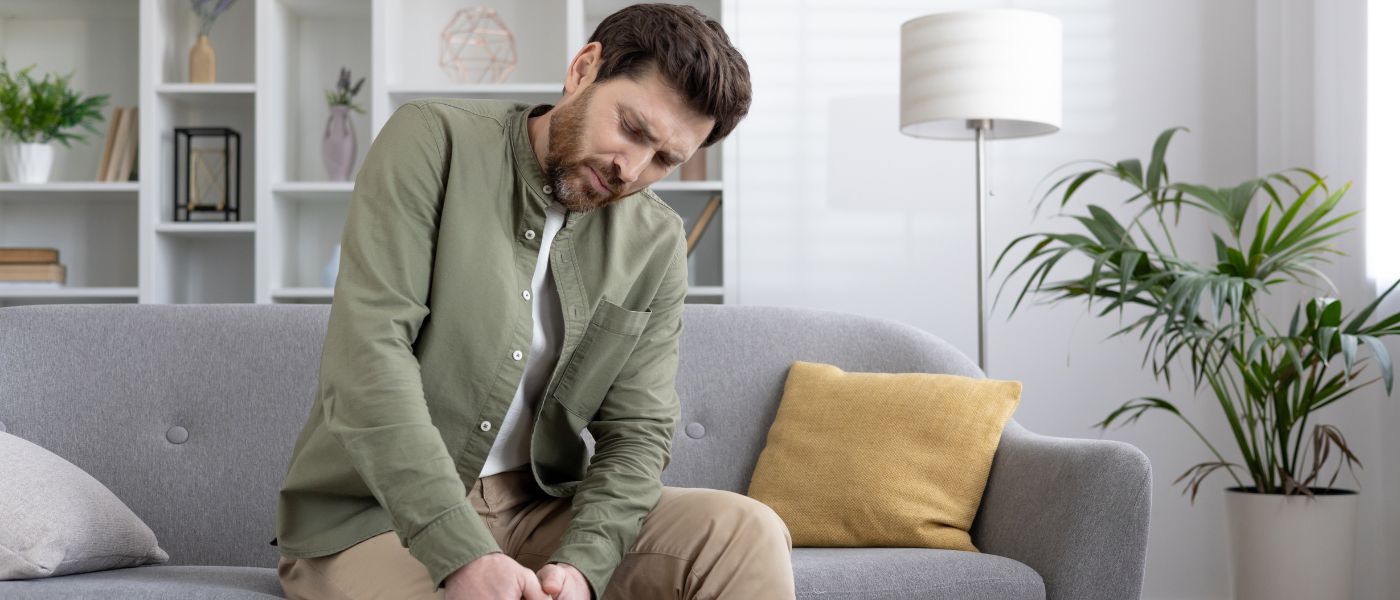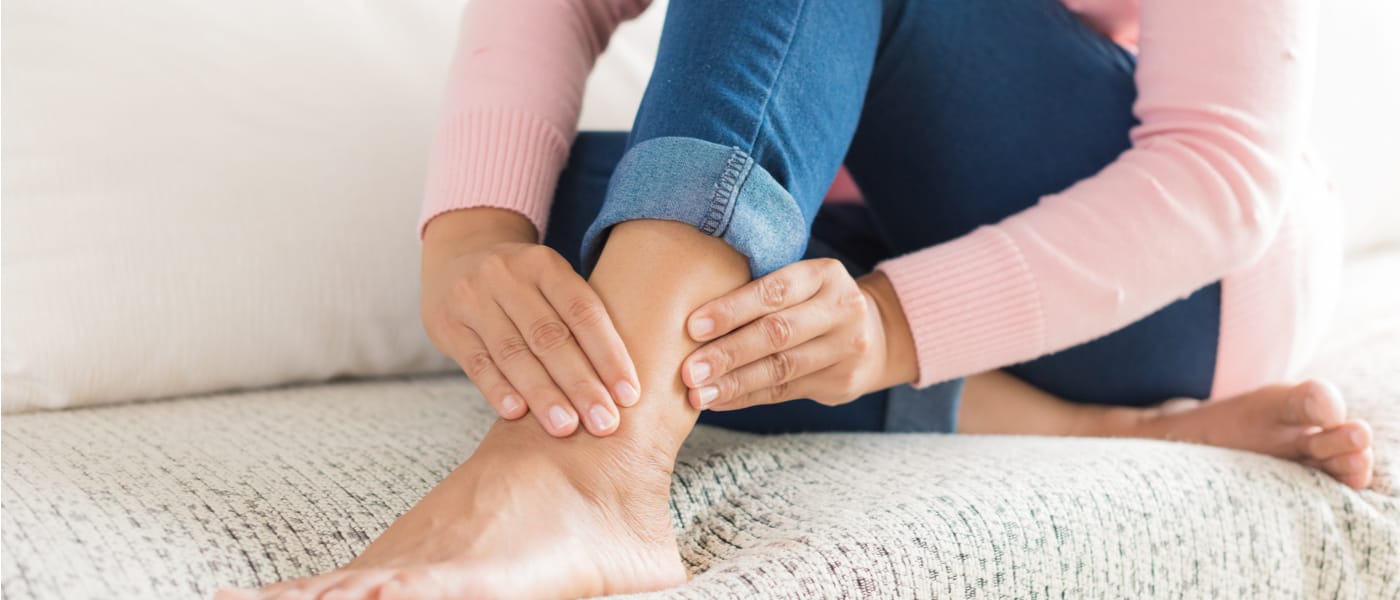It’s a scorcher out there, isn’t it? If you’ve been living with joint pain (and who hasn’t?), then you may be wondering if the air conditioning in your home or car can make it worse.
Can air conditioning cause joint pain?
There’s actually a lot of science behind how high temperatures and low humidity can cause joint pain, but the good news is that there are also things you can do to keep yourself feeling great during the heat of summer.
The temperature of the air outside may have an effect on your joint pain.
The temperature of the air outside or cold AC may have an effect on your joint pain. There are many factors that could contribute to you feeling joint pain, but it’s important to remember that there is no single cause.
- Colder temperatures can be a factor in joint pain. For example, if you live in an area where the temperatures tend to be cooler, this might make you more susceptible to experiencing joint pains.
- Warm weather can also be a contributing factor for reasons such as increased activity and sweat accumulation, causing increased friction within your joints and more stress on them.

Humidity can also play a role in your joint pain.
If you’re like most people, you don’t think of your own body as a complex system. But the truth is that your joints are one part of your body that may feel worse when humidity levels rise.
Humidity affects almost every aspect of our bodies, including how we feel and our respiration—but it can also cause skin rashes and joint pain.
When it comes to weathering the summer heat while maintaining some semblance of comfort, we should all consider what the effects might be on our personal health.
Your choice of air conditioner can help keep your joints healthy.
To ensure you are buying a high-quality air conditioner, pay attention to the following features.
- When it comes to energy efficiency, look for an air conditioner with a high SEER (seasonal energy efficiency ratio). The higher this number is, the more efficient your cooling unit will be. For example, older models had SEER ratings between 6 and 10; newer models can have SEERs as high as 16 or 18.
- Likewise, consider HSPF (heating seasonal performance factor) when choosing an air conditioner. This rating compares a heating unit’s ability to heat throughout the entire year with respect to its size and cost of operation per Btu (British thermal units). The higher this number is on your new furnace or boiler installation when compared with previous models could translate into reduced heating bills during winter months!
- Finally, AFUE measures how well an appliance converts fuel into usable heat in comparison with its full-time equivalent load requirement (FTEL). The higher this number is on your new water heater installation, the more savings you could have each month during cold weather months!

Know when it’s time to go back inside.
It’s also important to make sure you don’t forget your limits. If you’re feeling too hot, go back inside. If you’re feeling too cold, go inside. If you start to feel dizzy or faint, go inside. And if nausea sets in, make sure to duck back into the AC as soon as possible!
Don’t forget to stay hydrated during hot weather.
It’s important to stay hydrated during hot weather, especially if you’re using air conditioning.
Not drinking enough water can lead to dehydration, which causes increased urination and sweating, as well as headaches and dizziness.
Drinking too much water can also be harmful. Overhydration is rare but possible when you drink more than a few gallons of water in one day. You should avoid overhydration yourself by taking frequent breaks from drinking so that your body has time to process the liquid and excrete any excess through your urine or sweat glands.
You should also make sure not to forget about maintaining proper hydration when you’re not using air conditioning—especially if you live in a dry climate where it’s common for people to drink more than they need just because they’re thirsty all the time!
Try a little heat therapy for relief.
- Apply heat to the painful joint. You can use a heat pack or hot water bottle, or you can use a heating pad on the joint.
- Try warm compress therapy as well. A warm compress may also offer some relief from pain by increasing blood flow to the affected area and relaxing tight muscles with its warmth. To make your own compress, soak one towel in very hot water and wring it out so it’s barely damp; then wrap it around your knee (or other painful joint) for 5 to 10 minutes.
- Soak up some warmth in a hot shower or bath too! This is especially helpful since so many people experience pain while they’re sleeping at night—a nice warm shower before bed could do wonders for helping with those aches!
To avoid air conditioning causing more joint pain, use it judiciously and take care of yourself while you’re using it.
To avoid air conditioning causing more joint pain, use it judiciously and take care of yourself while you’re using it. Stay hydrated by drinking plenty of water and making sure to get up and walk around every half hour or so.
You can also try a little heat therapy for relief: apply a heating pad or take a warm shower to loosen up your muscles. If you still notice increased joint pain after using the air conditioner, consider going back inside for a few minutes until your joints feel better again.
Lions HVAC Cares About Your Comfort
If you don’t have good choices for the thermostat in your office or home, know that you can always go outside when it’s either too hot or too cold (and try to stay active). Staying hydrated is also very important, but if none of these things are helping your joint pain, please consult with a doctor as soon as possible.
Frequently Asked Questions (FAQ)
There’s no direct scientific link, but many people report increased joint discomfort in cold or overly air-conditioned environments. This is often due to muscle stiffness or changes in barometric pressure, which can make existing joint issues feel more noticeable.
Cold indoor air can cause muscles and joints to tighten, reducing flexibility and increasing stiffness. Sitting still in a cool draft for long periods can also slow circulation, which may contribute to joint discomfort.
Yes. Keeping your thermostat set between 72–75°F and avoiding extreme cooling can make the indoor environment more joint-friendly. Maintaining moderate temperatures helps prevent stiffness while still keeping your home comfortable.
Absolutely. Air conditioning reduces indoor humidity, which can create a dry environment that affects joint lubrication. Adding a humidifier can help restore moisture levels and improve comfort.
Try layering light clothing, avoid sitting directly under vents, keep hydrated, and move around periodically to stay loose. You can also ask an HVAC professional about adjusting airflow patterns or humidity levels for improved comfort.
